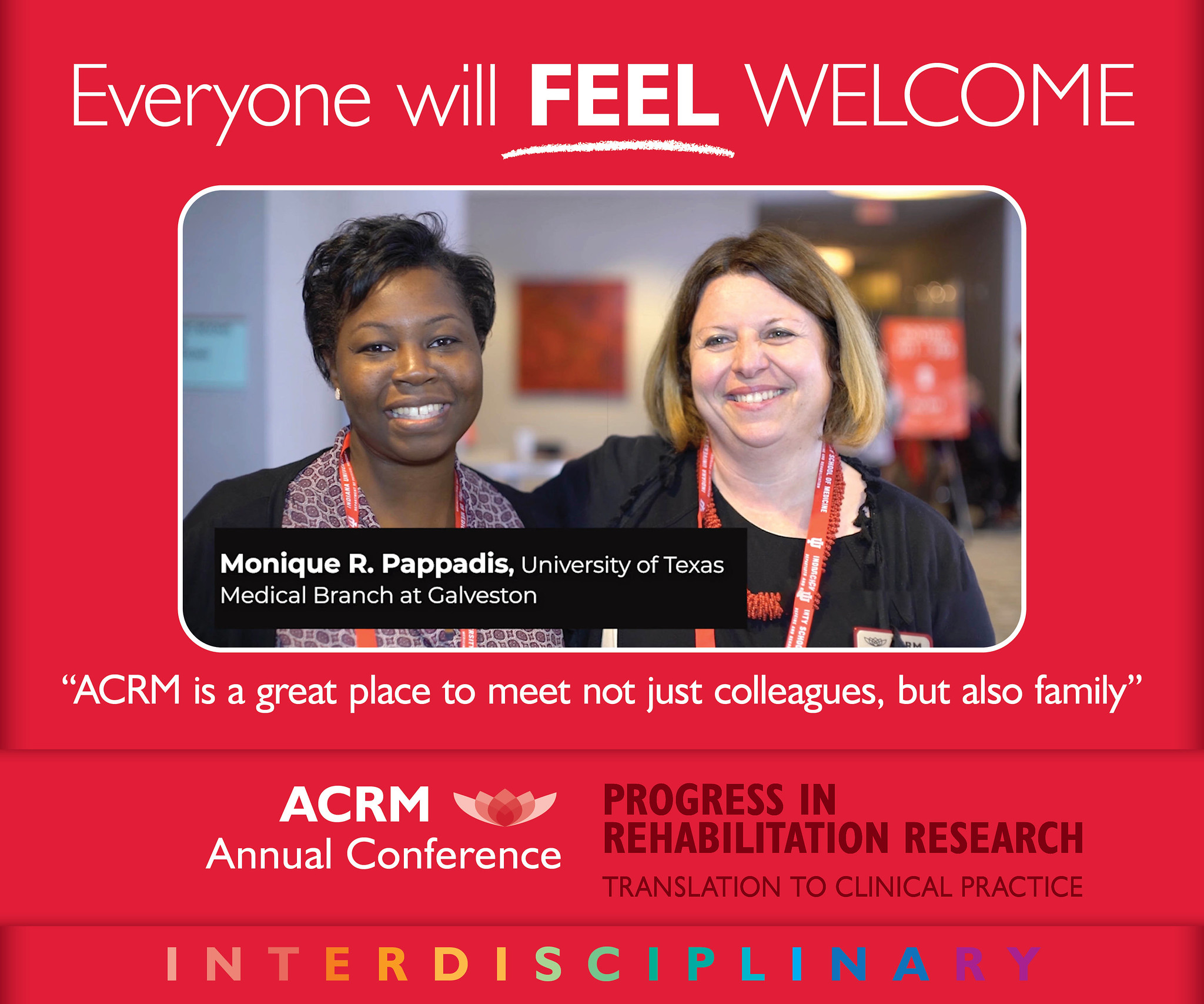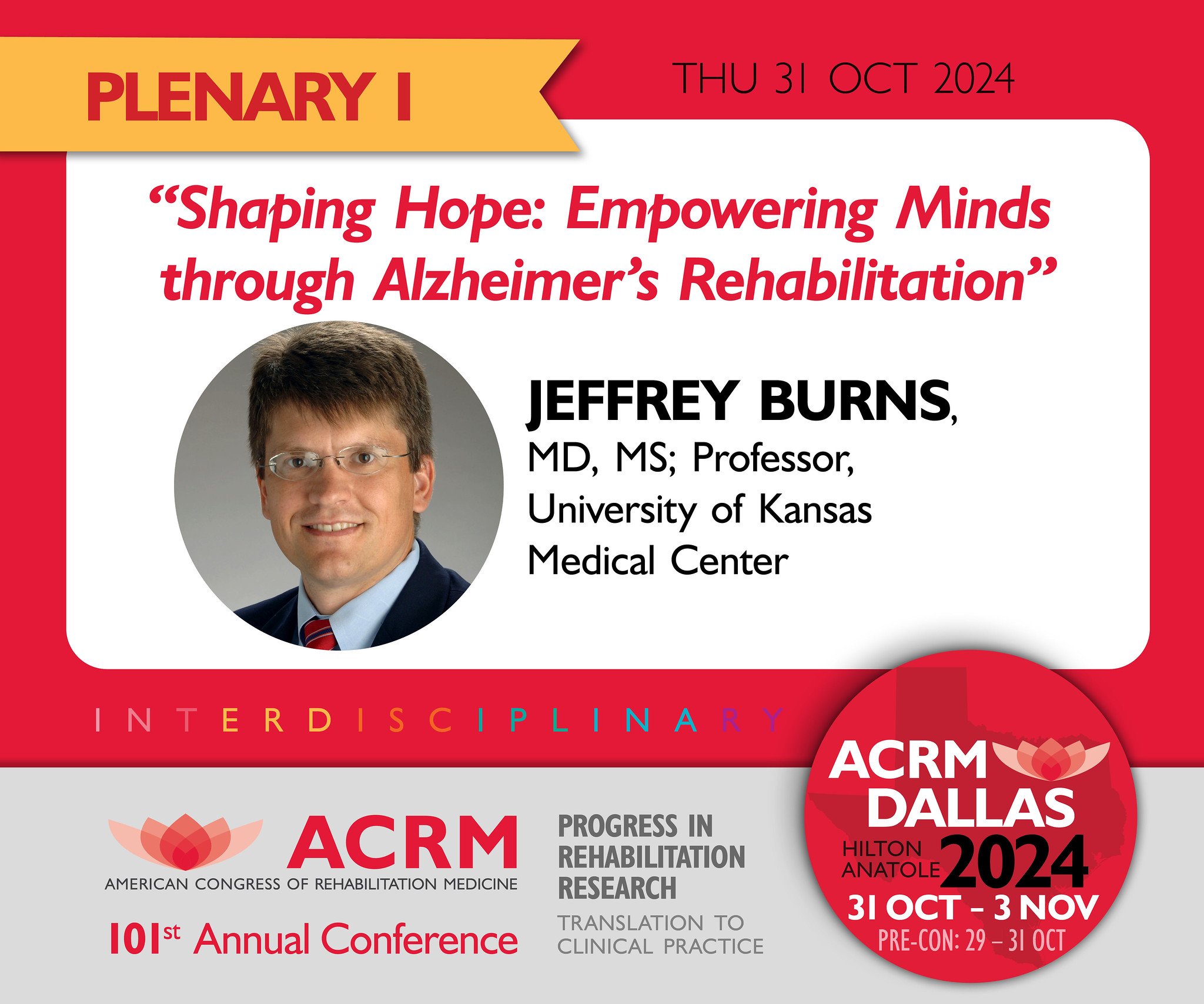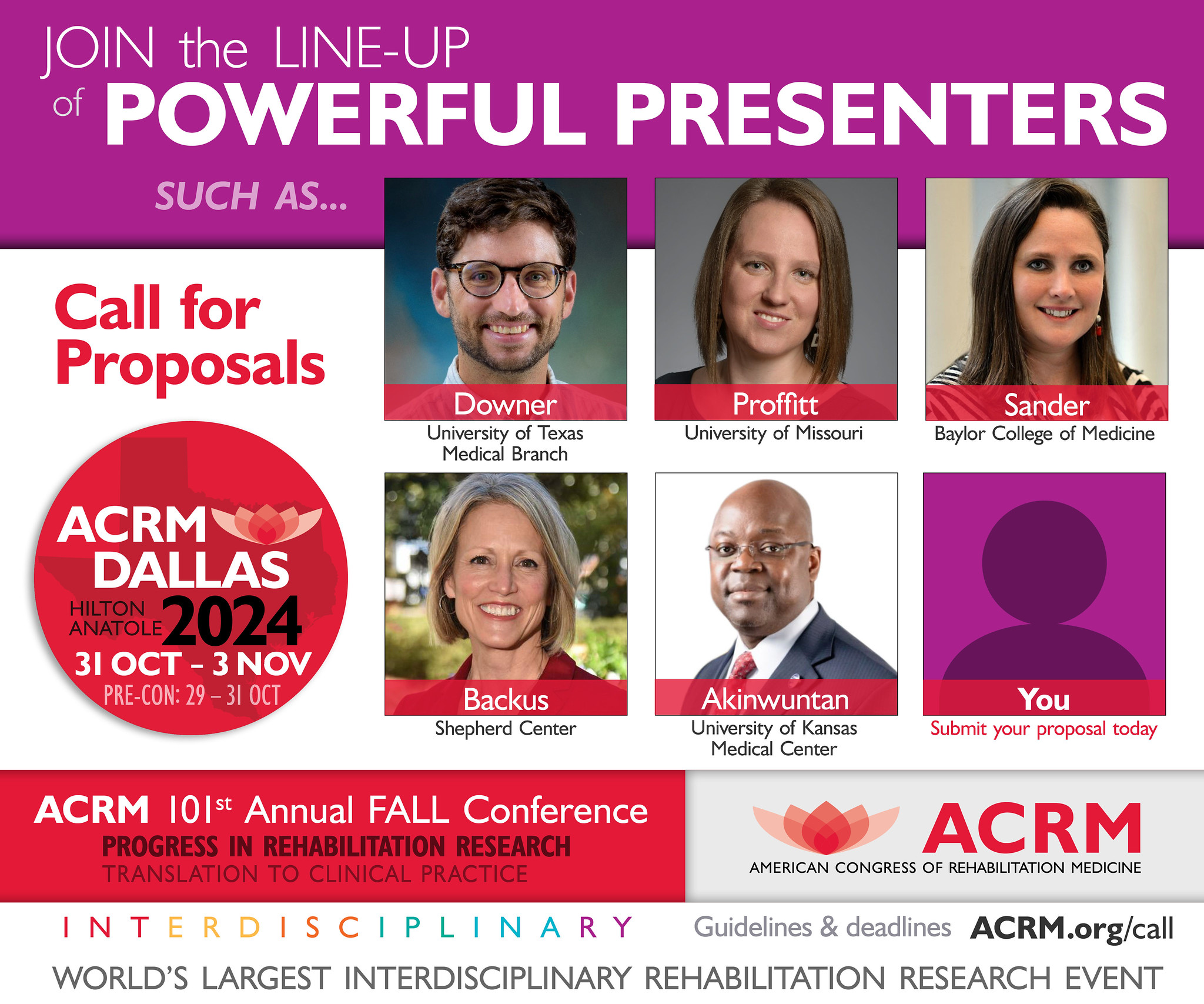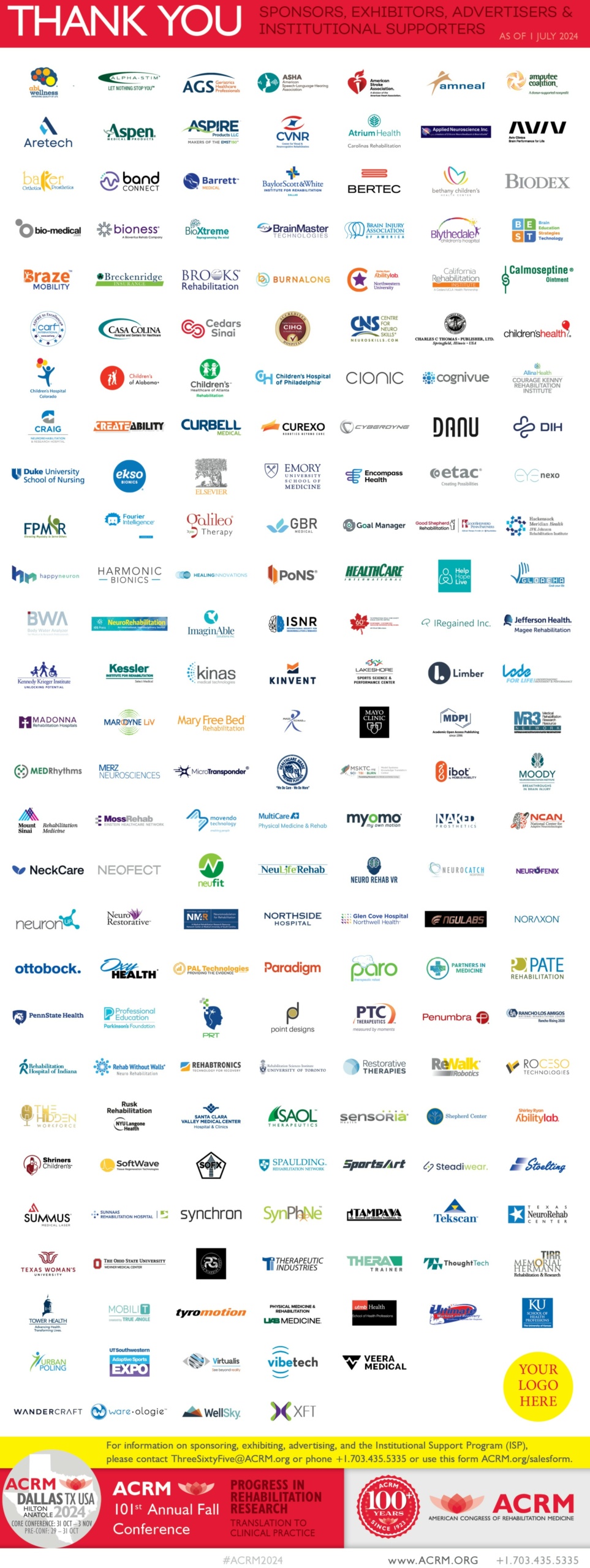TWO-DAY COURSE 
Preventing & Reversing Vascular Diseases
Evidence-Based Research
OR Call +1.703.574.5845
Limited Time Special: ONLY $295 student, $395 member
Learn the latest-greatest rehabilitation research on how to reverse and prevent vascular diseases.
IMPROVING LIVES & SAVING LIVES … maybe even yours
LOCATION: InterContinental, Toronto Centre, Canada
Share this flyer with friends, family, and colleagues >>>
View course description and agenda
FACULTY
PREVENTING & REVERSING VASCULAR DISEASE
Research can demonstrate how food affects physiology in health and disease as well as how food can undermine or promote the rehabilitation process. This two-day translational course will present evidence-based strategies to effectively prevent, arrest, and reverse vascular diseases including:
- angina pectoris (chest pain)
- myocardial infarction (heart attack)
- intermittent claudication (leg cramping)
- gangrene (tissue decay/death)
- impotence (erectile dysfunction)
- hypertension (high blood pressure)
- cerebral infarction (stroke)
- senility (restricted oxygen to vital brain tissue)
- hearing loss (restricted oxygen and nutrients to tissues)
- visual loss (restricted oxygen and nutrients to tissues)
For rehabilitation and non-rehabilitation patients, this program may assist in prevention as well as initiate the reversal process of common vascular disease. For example, vascular disease is the number one cause of death in patients with a spinal cord injury. By providing patients with insight, knowledge, and motivation to improve their dietary lifestyle, spinal cord injury patients can modify their comorbidities such as overweight, hypertension, depression, and hypercholesterolemia.
Similarly, through intensive education and a better dietary lifestyle, stroke patients can learn to address their blood pressure to reduce recurrence risk and further deterioration.
Learning Objectives
To support the attainment of knowledge, competence, and performance, the learner should be able to achieve the following objectives:
- List the evidence on how food affects the physiology of health and disease.
- Identify means to effectively prevent, arrest, and reverse vascular diseases.
- Describe strategies for prevention and reduction of dietary risk factors for vascular disease.
Who Should Attend?
- Patients and their caregivers and loved ones
- Clinicians
- Researchers
- This content is relevant to all health-conscious individuals
[sm_hr]
COURSE AGENDA
| TUE // 7 October | ||
| 8:00 AM – 9:00 AM | H. Diehl | Circulation-Related Chronic Diseases: Emergence, Escalation, Economic Costs and Health Outcomes |
| 9:00 AM – 10:00 AM | H. Diehl | Chronic Diseases: Insidious, Progressive, and Deadly, Yet Reversible! |
| 10:00 AM – 11:00 AM | H. Diehl | Eat More, Weigh Less! Rational, Successful Weight Management Essential, Essential for Optimizing Rehabilitative Medicine |
| 11:00 AM – 12:00 PM | H. Diehl | Preventing and Reversing T2 Diabetes: Of Critical Importance for Optimizing Rehabilitative Medicine |
| 12:00 PM – 1:00 PM | Break | |
| 1:00 PM – 2:30 PM | M. Greger | Modern Killer Diseases: The Food Connection |
| 2:30 PM – 3:15 PM | D. J. Jenkins, C. Kendall | Fiber in Health and Disease |
| 3:15 PM – 4:00 PM | D. J. Jenkins, C. Kendall | Lowering Lipids: The Portfolio Diet |
| 4:00 PM – 5:00 PM | H. Diehl, M. Greger, D.J. Jenkins, C. Kendall | Panel Discussion and Q&A |
| WED // 8 October | ||
| 8:00 AM – 9:00 AM | R. Vogel | Atherosclerosis: Hypoxia, Nitric Oxide and Fat |
| 9:00 AM – 10:00 AM | R. J. Barnard | Hyperlipidemia and Atherosclerosis: Lowering Lipids with the Pritikin Program |
| 10:00 AM – 11:00 AM | E. Frates | How to Motivate Your Patients to Adopt Healthy Lifestyles: The Key to Secondary Prevention |
| 11:00 AM – 12:00 PM | R. J. Barnard, R. Vogel, C. Berner, B. Franceschelli | Part 1: The Pritikin Program and Research in Vascular Disease
|
| 12:00 PM – 1:00 PM | R. J. Barnard, R. Vogel, C. Berner, B. Franceschelli | Part 2: The Pritikin Program and Research in Vascular Disease
|
| 1:45 PM – 2:30 PM | E. Frates | The Exercise Prescription: Getting Your Patients Moving |
| 2:30 PM – 3:15 PM | W. Dysinger | Optimizing Lifestyle Medicine Practice |
| 3:15 PM – 4:00 PM | H. Javaherian | Getting Patients Back to Function |
| 4:00 PM – 4:45 PM | R. J. Barnard, R. Vogel , E. Frates, W. Dysinger, H. Diehl, H. Javaherian | Panel Discussion and Q&A |
| 4:45 PM – 5:00 PM | Course Evaluations |
[sm_hr]
COURSE INCLUDES
- Two days of evidence-based instruction
- CME/CEU credits
- Non-members receive 6-months introductory ACRM membership with a subscription to the journal, Archives of Physical Medicine and Rehabilitation
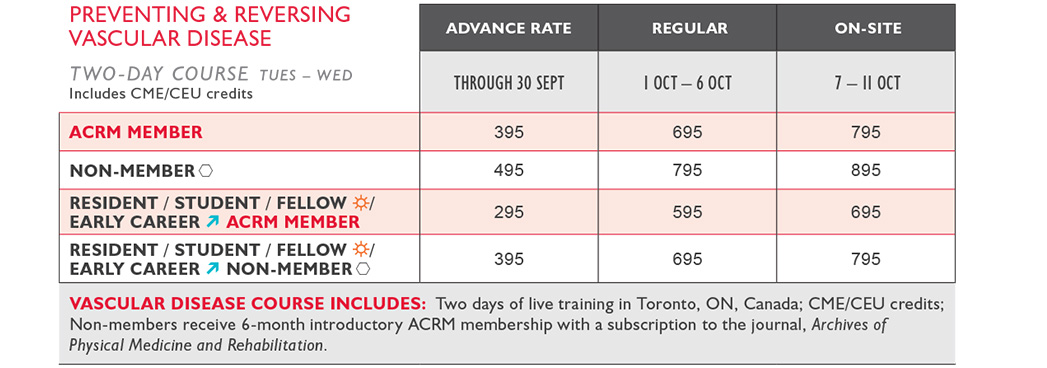


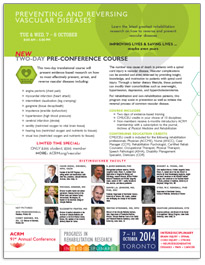
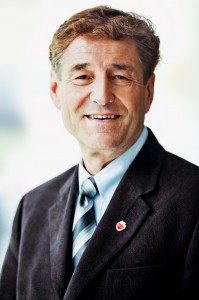 Hans Diehl, DrHSDc, MPH, FACN, founder of the CHiP Program, best-selling author and international radio show host, president, Lifestyle Medicine Institute, Loma Linda, CA
Hans Diehl, DrHSDc, MPH, FACN, founder of the CHiP Program, best-selling author and international radio show host, president, Lifestyle Medicine Institute, Loma Linda, CA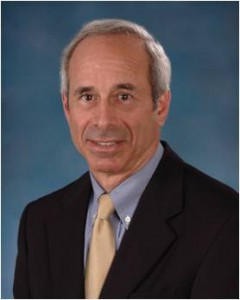
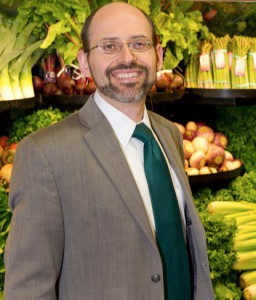
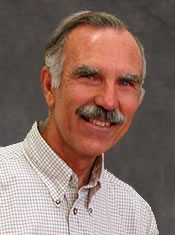
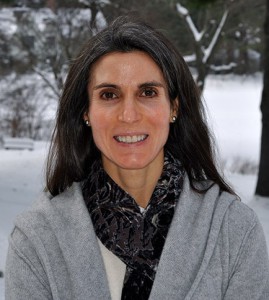 Elizabeth Frates, MD (Physiatrist), director of medical education at the Institute of Lifestyle Medicine and professor at Harvard Medical School, Boston, MA, member of the Scientific Advisory Board for Curves
Elizabeth Frates, MD (Physiatrist), director of medical education at the Institute of Lifestyle Medicine and professor at Harvard Medical School, Boston, MA, member of the Scientific Advisory Board for Curves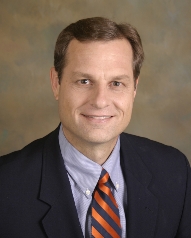 Wayne Dysinger, MD, MPH, director of the Lifestyle Medicine Institute, chair, Department of Preventive Medicine, director, Lifestyle Medicine Track of the Family and Preventive Medicine Residency, Loma Linda University, Loma Linda, CA
Wayne Dysinger, MD, MPH, director of the Lifestyle Medicine Institute, chair, Department of Preventive Medicine, director, Lifestyle Medicine Track of the Family and Preventive Medicine Residency, Loma Linda University, Loma Linda, CA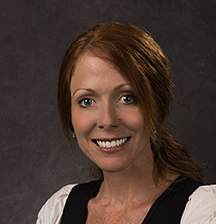 Heather Javaherian, OTD, associate professor, and director of the Doctor of Occupational Therapy Program, Loma Linda University, Loma Linda, CA
Heather Javaherian, OTD, associate professor, and director of the Doctor of Occupational Therapy Program, Loma Linda University, Loma Linda, CA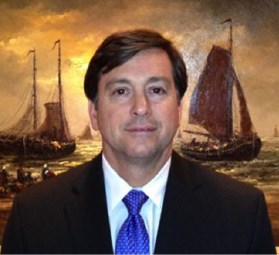 Bob Franceschelli, MBA, President, Pritikin Intensive Cardiac Program
Bob Franceschelli, MBA, President, Pritikin Intensive Cardiac Program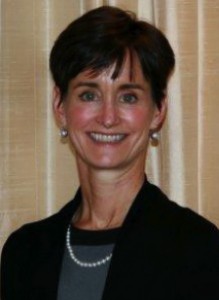 Cindy Berner, MS, RD, LD, Director of Nutrition, Pritikin Intensive Cardiac Rehab
Cindy Berner, MS, RD, LD, Director of Nutrition, Pritikin Intensive Cardiac Rehab